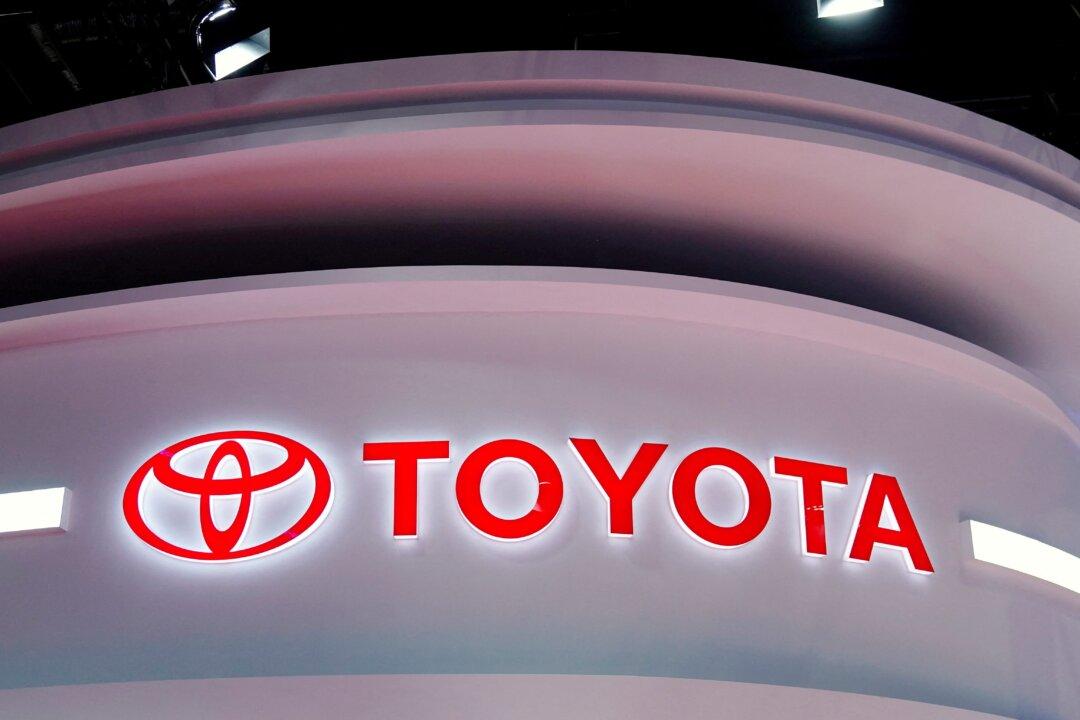Both Toyota and Honda have called upon the government to ease new rules which aim to begin fining carmakers from next year unless one fifth of the new vehicles they sell produce zero carbon emissions.
In a statement issued to the Telegraph on Wednesday, Toyota made clear that “Toyota is not objecting to the ZEV [Zero Emission Vehicle] mandate itself. However, the proposal for a new zero emissions vehicle mandate in January 2024 is challenging due to its quick introduction timing.”





